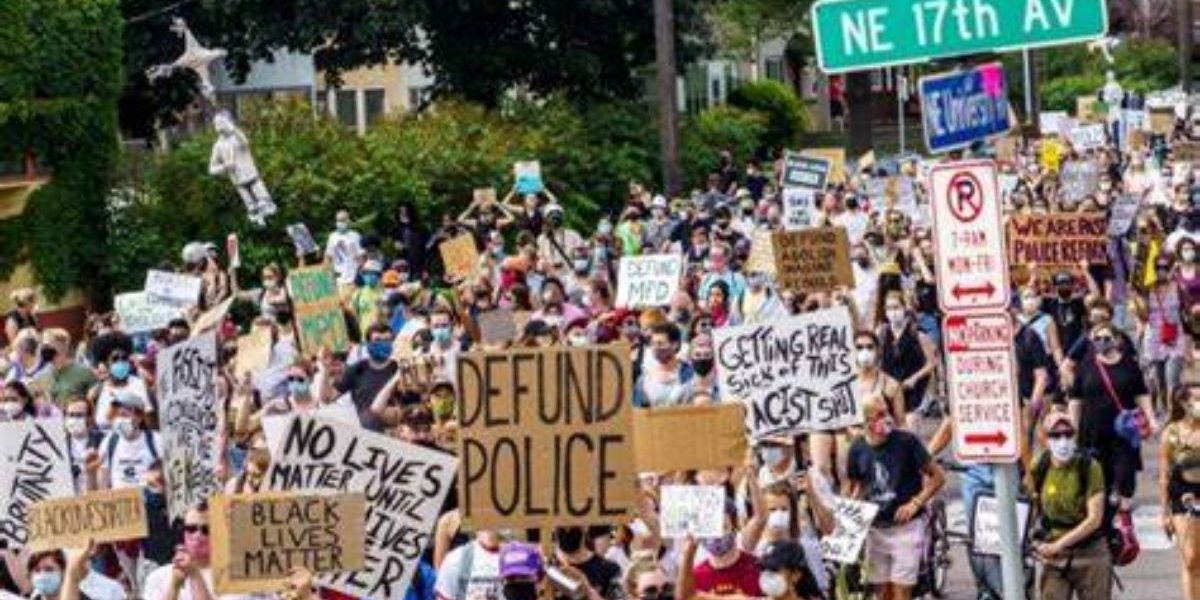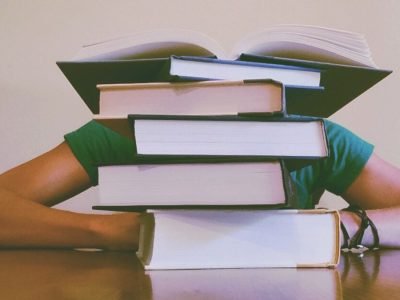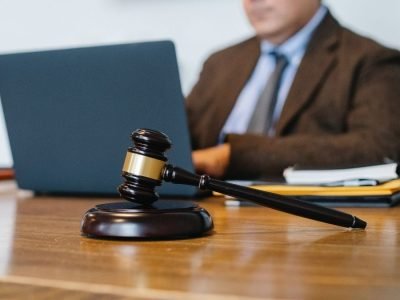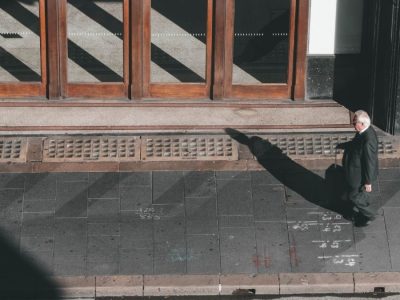What’s going on in George Floyd’s case

A huge crowd of people watched George Floyd take his last breath while he was pinned under Derek Chauvin’s knee. Millions of people came to the streets to protest against brutal police killings of black men like him chanting his last words: “I can’t breathe.” Others criticized looters and responded, “All lives matter.”
Now, lawyers should find 12 people in and around Minneapolis who haven’t made up their minds about what happened.
Chauvin, a former Minneapolis police officer, is accused of second-degree murder and manslaughter. After an appeals court ruling Friday, he could be charged with third-degree murder, too. Three other former cops are charged with aiding and abetting those crimes; they go on trial later this year.
Tuesday morning, lawyers selecting a jury — a painstaking process often dependent on instinct, emotional intelligence, and stereotypes over race and class.
Three weeks have been blocked off to find 12 jurors and up to four alternates. “Jury selection is going to be very long,” said Benjamin Crump, the Floyd family attorney. He said he believes “you can get people who will commit to being honest, and that’s all you can ever ask for.”
For Chauvin, who is white, the case is made harder not only because of media attention but also by the protests and violence that polarized and traumatized the city.
It is because of these reasons that Eric Nelson, Chauvin’s defense attorney, requested a change of venue, arguing that media coverage of “riots and looting” was so intense that “the Twin Cities jury pools have surely been tainted and a fair trial cannot be had in the Twin Cities area.”
The judge disagreed and denied his request.



